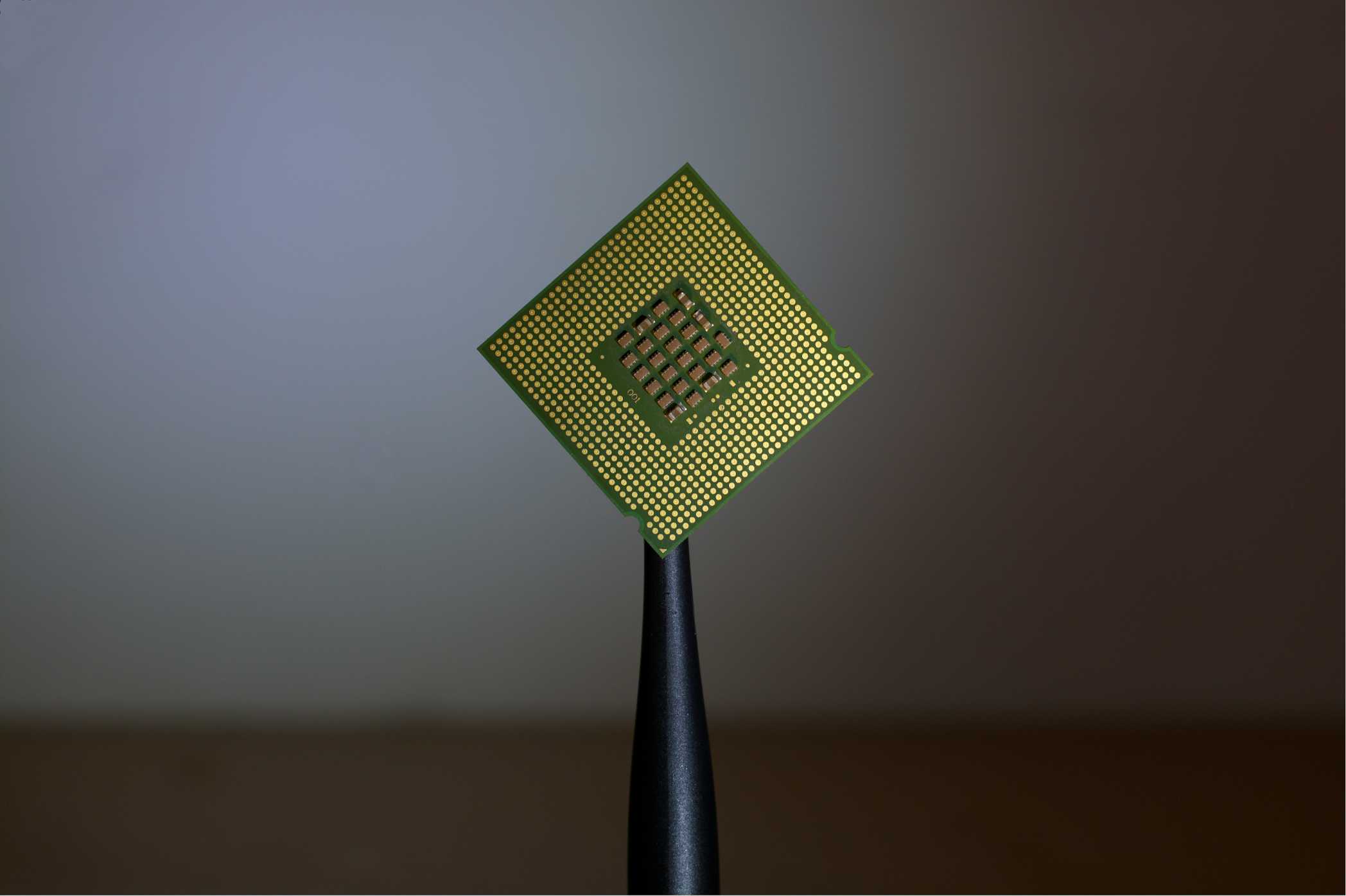Emerging Career Opportunities in Web3 Real Estate
A look at how Web3 is transforming real estate through tokenization. Learn about the career opportunities emerging at the intersection of blockchain and.

Real estate is the world's largest asset class, valued at over $300 trillion, yet it remains one of the most illiquid, opaque, and inefficient markets to operate in. The process of buying and selling property is notoriously slow, burdened by paperwork, and reliant on a complex web of intermediaries such as brokers, lawyers, and title insurers. This friction creates high transaction costs and significant barriers to entry, locking out smaller investors from participating in institutional-grade real estate deals.
The advent of Web3 and blockchain technology, particularly the tokenization of Real-World Assets (RWAs), is poised to fundamentally disrupt this centuries-old industry. By converting ownership rights of a physical property into digital tokens on a blockchain, we can create a more liquid, transparent, and accessible real estate market. This fusion of property and protocols is not just a technological curiosity; it is creating a new and exciting career landscape for professionals who can bridge the gap between these two complex worlds. This guide explores the emerging career opportunities at the intersection of Web3 and real estate.
How Does Real Estate Tokenization Work?
The process of bringing a real-world property onto the blockchain involves a sophisticated blend of legal structuring and technical implementation.
- Special Purpose Vehicle (SPV): First, the physical property is placed into a legal entity, typically a Special Purpose Vehicle (SPV) like an LLC. This legal structure holds the title to the asset.
- Tokenization: The ownership of this LLC (the equity) is then digitized and represented as a set of cryptographic tokens on a blockchain. For example, ownership of a $1 million commercial building could be represented by 1 million tokens, each initially valued at $1.
- Fractional Ownership: These tokens can be sold to a wide range of investors, allowing for fractional ownership. Instead of needing millions of dollars to buy a building, an investor can buy a small share for just a few hundred or thousand dollars.
- Secondary Market Liquidity: The tokens can be traded on secondary markets, including decentralized exchanges (DEXs), providing a level of liquidity that is unprecedented in traditional real estate. Selling a share of a property could become as easy as selling a stock.
The New Career Paths in Web3 Real Estate
This new model requires a new breed of professional who understands both real estate finance and blockchain technology.
1. Real Estate Tokenization Platform Developer These are the engineers building the platforms that facilitate the entire tokenization lifecycle.
- Responsibilities: This is a full-stack role. It involves writing the smart contracts for the tokenized assets (often using standards like ERC-3643 for permissioned tokens), building the user-facing investment portals, and integrating with custody and compliance solutions.
- Skills: A hybrid skillset is essential. You need smart contract developers who understand token standards and DeFi, as well as traditional backend engineers who can build secure and scalable off-chain systems to manage property data and investor information.
2. Legal & Compliance Specialist (RWA Focus) This is one of the most critical roles. Tokenizing a real estate asset is a complex legal process that touches on securities law, property law, and Anti-Money Laundering (AML) regulations.
- Responsibilities: Structuring the legal SPV, ensuring the token offering is compliant with securities regulations in the relevant jurisdictions, and designing the KYC/AML processes for investors.
- Skills: A strong background in real estate law or securities law is a prerequisite. This must be combined with a deep understanding of how these traditional legal frameworks apply to novel digital assets. This is a field where new legal precedent is being set.
3. Asset Manager (Tokenized Properties) These are the real estate professionals who handle the "real-world" side of the asset.
- Responsibilities: Managing the physical property (maintenance, leasing, etc.), handling the property's finances, and providing regular, transparent reporting to the on-chain token holders. They are the crucial link between the physical asset and its digital representation.
- Skills: The core skills of traditional property and asset management, but with an added layer of tech-savviness. They must be comfortable with new technologies and be able to communicate performance data in a way that is auditable and transparent to a distributed group of owners.
4. DeFi Integration Specialist (Collateral Onboarding) The true "superpower" of tokenized real estate is unlocked when it can be used as a productive asset in the broader DeFi ecosystem.
- Responsibilities: This role focuses on getting the tokenized real estate asset approved as a form of collateral in major DeFi lending protocols like MakerDAO and Aave. This involves a rigorous process of risk assessment, presenting the case to the protocol's governance DAO, and working with the lending protocol's risk teams.
- Skills: A deep, quantitative understanding of both real estate valuation and DeFi risk management. These professionals often have a background in structured finance or credit risk analysis.
The Future of Real Estate is On-Chain
The tokenization of real estate is still in its very early innings. There are significant hurdles to overcome, from regulatory uncertainty and the challenge of reliable on-chain valuation to building trust with a traditionally conservative industry.
However, the potential benefits are immense. By making real estate more fractional, liquid, and transparent, Web3 can democratize access to one of the world's most important asset classes. As the technology and regulatory frameworks mature, the intersection of property and protocols will become a major engine of job growth, creating high-value opportunities for professionals who are fluent in the languages of both real estate and decentralization.
The Web3 Opportunity
The Web3 sector is experiencing explosive growth, with demand far outpacing supply for qualified talent. Unlike traditional tech, Web3 offers unique advantages: higher compensation, equity opportunities, fully remote roles, and the chance to work on transformative technology.
Market Context
The Web3 job market has fundamentally different dynamics than Web2:
Compensation: Web3 roles typically pay 20-40% higher than equivalent Web2 positions, with significant bonus and equity components.
Remote-First Culture: Most Web3 organizations operate fully or primarily remote, offering flexibility that's rare in traditional tech.
Growth Trajectory: Career progression happens faster in Web3 due to rapid company scaling and talent shortage.
Equity Upside: Token and equity packages are standard, offering significant wealth-building potential.
Step-by-Step Transition Strategy
Step 1: Build Web3 Knowledge Foundation
Spend 4-8 weeks learning blockchain fundamentals. Understand:
- How blockchain technology works
- Different blockchain architectures
- Smart contracts and their use cases
- DeFi, NFTs, and DAOs
- Current Web3 ecosystem and key players
Step 2: Learn Relevant Skills
Depending on your target role:
- Engineers: Solidity, JavaScript/TypeScript, Web3 libraries (ethers.js, web3.js)
- Product Managers: Token economics, protocol governance, user growth in Web3
- Business Development: Market analysis, partnership strategy, regulatory landscape
- Community/Operations: Community building, Discord management, governance
Step 3: Build Your Portfolio
Create tangible proof of your Web3 expertise:
- Complete open-source contributions to Web3 projects
- Build a small DApp or smart contract
- Write about Web3 topics on Medium or Twitter
- Contribute to DAOs or community projects
- Participate in hackathons
Step 4: Network in Web3
The Web3 community is incredibly accessible:
- Join Discord communities of projects you're interested in
- Attend Web3 conferences (Consensus, Devcon, ETHDenver)
- Engage on Twitter/X with Web3 builders and thought leaders
- Participate in governance forums
- Join local Web3 meetups
Step 5: Apply Strategically
Target roles that leverage your existing expertise plus new Web3 knowledge:
- If you're a backend engineer, look for blockchain infrastructure roles
- If you're a PM, look for protocol product roles
- If you're in sales/business, look for Web3 business development
Real-World Success Stories
Developer to Smart Contract Engineer
Alex, a 5-year backend engineer at a FAANG company, spent 3 months learning Solidity while maintaining his day job. He contributed to an open-source protocol, caught the attention of a major DeFi project, and transitioned with a 50% salary increase and significant equity.
Product Manager in Web3
Jessica, a PM from traditional finance, leveraged her domain expertise in DeFi. Her understanding of financial products combined with Web3 technology made her incredibly valuable. She found a role at a leading DeFi protocol within 4 weeks.
Career Changer Success
Marcus left his corporate job to focus on Web3 for 6 months. Through consistent learning, networking, and portfolio building, he landed a role leading Developer Relations at a major blockchain platform, with compensation far exceeding his previous role.
Web3-Specific Challenges
Volatility Risk: The sector's volatility can impact job stability. Diversify and build emergency funds.
Regulatory Uncertainty: Regulations are still evolving. Choose projects with strong legal teams.
Due Diligence: Not all projects are legitimate. Research thoroughly before joining.
Learning Curve: The learning curve is steep, but the community is incredibly supportive.
FAQ
Q: Do I need to be a blockchain expert to work in Web3? A: No. Companies need diverse skills-marketing, design, operations, business development. Your existing expertise is valuable; you just need to learn the Web3 context.
Q: How much can I earn in Web3? A: Significantly more than Web2 equivalents. Base salaries are higher, plus signing bonuses, equity, and token packages. Realistic expectation: 30-60% increase from Web2 roles.
Q: Is it risky to transition to Web3? A: Like any emerging industry, there's risk. Mitigate by joining established, well-funded projects with strong teams and track records. Avoid speculation; focus on building.
Q: How long does the transition take? A: 2-6 months depending on your background and effort level. Engineers and product managers transition faster due to transferable skills.
Q: What if the crypto market crashes? A: The fundamental technology and use cases remain valid. Bear markets often create better opportunities-teams can focus on building rather than hype-driven growth.
Key Takeaways
- Web3 offers significant compensation, growth, and impact opportunities
- Transition takes 2-6 months with dedicated effort
- Your existing skills are valuable; focus on learning Web3 context
- Networking and portfolio building matter more than certifications
- Join established projects to mitigate risk
- The community is incredibly supportive and accessible


